

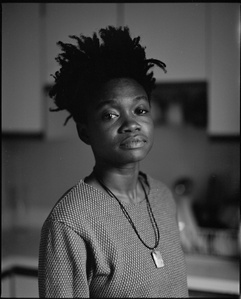

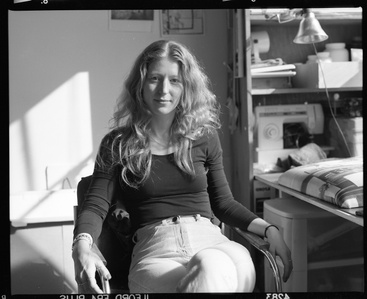

In 2014, artist Anicka Yi facilitated and recorded a the panel discussion "Where Are the
Female Networks in the Art World?". This heated and poignant discussion struck me. Eager to find my own sense of community, to go beyond just a network, I looked for a way to engage my peers in a parallel conversation. I photographed and interviewed over 50 Tkaronto-based artists to shed light on the brilliance and genius around me and to parse artistic labour, gender in the arts, ideas around value, worth, and recognition. In December 2014 the Toronto Arts Council funded this project - originally titled Women Work: A Feminist Archive, but which, after many re-considerations, is now called the WWORK Archive Project. It is an ongoing, active archive into which all Tkaronto-based artists who do not identify as cis-men are invited.
The goal of WW:FA is threefold: to depict women as historical agents who shape and enrich arts & culture; to fracture myths and illusions about the monolithic category of “women artists”, and to create a subjective, dynamic index of artists-as-role-models for future generations of artists. Though WW:FA is not yet complete (and should encourage us to consider how and when an archive is every really complete) the project aims to destabilize traditional means and rules of archiving, a process that historically devalues and obscures women and non-binary people. It posits the archive as a non-objective document rooted in and destined for both present and future, prone to error and affect. Boris Groys noted, "a process of documenting {which} opens up a disparity between the document itself and the documented... a divergence that can neither be bridged or erased." (1) The artist as archivist is no longer a singular authority or institutional entity.
Ultimately I hope to create a more democratic way to mine affective economies within local arts communities, or networks as some would say. The research informing WW:FA reflects my preoccupations with productivity, labor movements, systemic erasure of non-male presenting artists, collective care, and the subjective differentiation of work from labor. I am especially interested in the ways we re-assign value to our lives and exist beyond our productivity.
While this project was intended to spotlight women artists and their practices, each time I re-visit the process and the images I learn something new about my own intentions and desires that inspired it. As time wears on, I also see my own privileged shortcomings and exclusionary methods more clearly than ever.
Through these portraits and free-form interviews, participants defined and intimate and relevant definition of their art practices as multi-faceted forms of labor and so much more.
WWORK remains a mutable and ever-expanding compilation of images and experiences. I am eternally grateful to say that through WWORK, I was able to forge enduring friendships and a dynamic community that now extends far beyond the city.



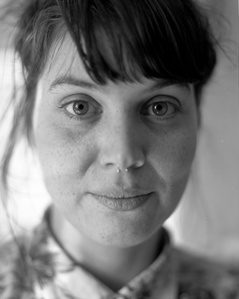


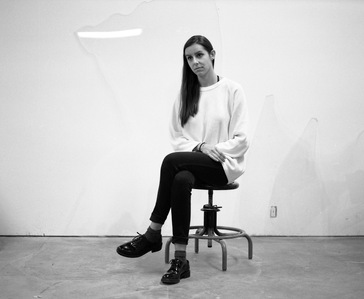
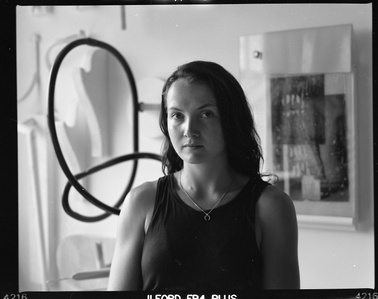

Wallis Cheung
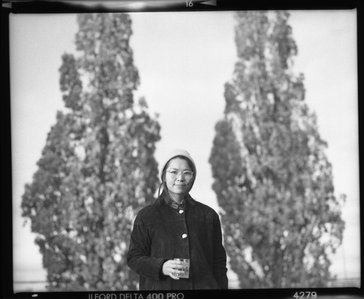

Rajni Perera

Jennifer Sciarrino


Azza El Siddique
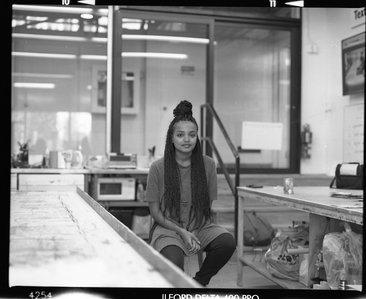

Laurie Kang

Laura Mcoy

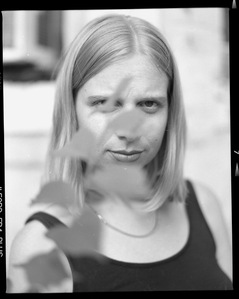




Jenine Marsh
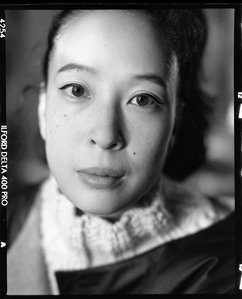
Laurie Kang

Alexandra Mackenzie


Jessica Kichoncho Karuhanga



Brittany Lucas

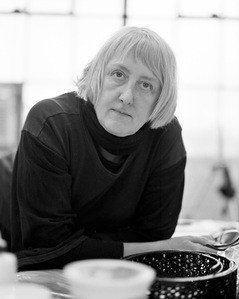
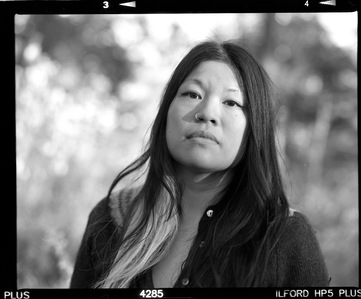
Joyce Lau

Alicia Nauta



Jessica Vallentin
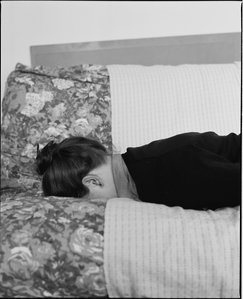

Anahita Azrahimi


Sab Meynert

Juliana Neufeld

Onyeka Igwe


Sona Safei

Azza El Siddique

Laura Dawe

Niki Boghossian

Cotey Pope

Adrienne Crossman


Thomarya Fergus

Kate Miller